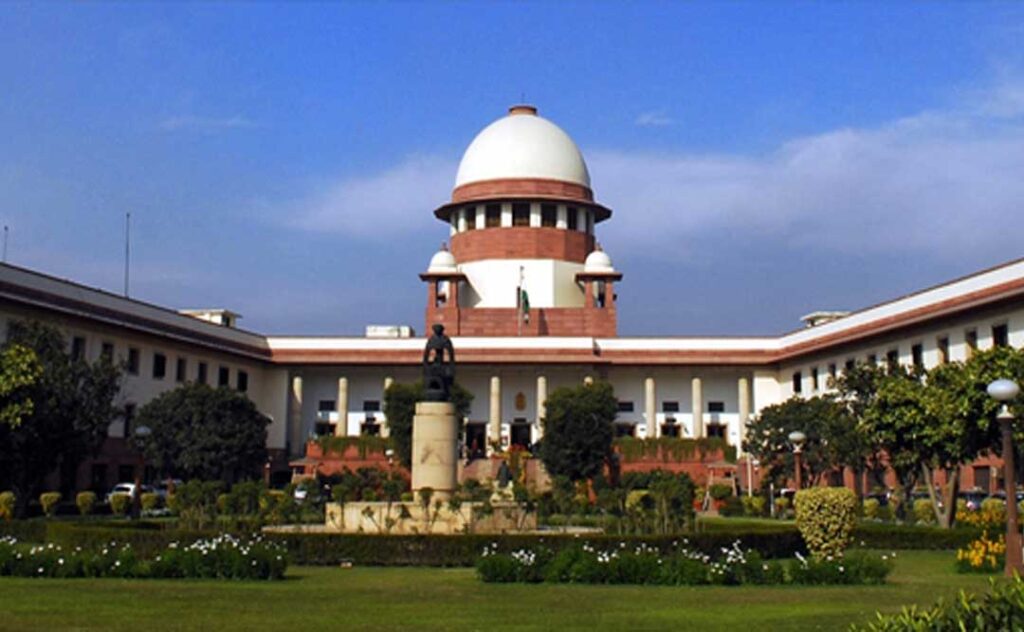The Supreme Court yesterday noted that TRAI had sought adherence to the regulatory principles of transparency, non-discrimination, and non-predation which cannot be illegal. The court allowing TRAI’s appeal directed Bharti Airtel and Vodafone Idea to disclose the information sought by TRAI regarding segmented offers while noting that it is TRAI’s responsibility and duty to ensure such information is kept confidential and not made available to competitors or to any other person.
TRAI had moved the Supreme Court with an interim application requesting directions to Bharti Airtel and Vodafone Idea to disclose the information’s sought by the regulator regarding segmented offers.
Bharti Airtel, Vodafone Mobile Service Limited, and Idea Cellular Limited back in 2018 in front of TDSAT challenged “Reporting Requirements” and “Significant Market Power” with TRAI’s insistence on disclosure of segmented discounts another issue.
The telecom service providers had back then sought an interim stay of the Tariff Order pending appeals before TDSAT which had stayed the two clauses as an interim measure while allowing TRAI to ask details of segmented discounts for analysis.
TRAI had in 2018 challenged the tribunal’s decision in Delhi High Court which was disposed of with the High Court requesting TDSAT to dispose of the matter at the earliest.
TDSAT heard the appeals and allow them partially on 13th December 2018 setting aside Telecom Tariff 63rd Amendment Order which was challenged by TRAI in 2019 with Civil Appeals and lastly coming with the interim applicaiton in 2020 requesting interim direction to service providers to disclose information details sought by the regulator.
The regulator filed a chart indicating the number of segmented offers provided by the TSPs in the last 12 months in various states whose details are not even disclosed to TRAI which stated that it could not analyze the transparency and whether the plans were non-discriminatory coupled with predatory pricing by TSPs in the garb of segmented offers.
TRAI had requested the TSPs to provide information relating to these offers which was not disclosed by the TSPs. TRAI stated that the TSPs were under a legal obligation to offer tariffs in a transparent and nondiscriminatory manner and to report all tariffs to the authority.
TSPs on their part contended that the segmented offers constituted “confidentially designed trade practices” which TDSAT found not necessary for reporting while allowing TRAI to seek the number of segmented offers from TSPs made available to the existing customers along with a declaration that they were following the principles of non-discrimination. TSPs submitted that they were following the directions issued in the TDSAT order.
They also contended that whenever TRAI wanted to call for details of segmented offers for which TRAI received complaints from the TSPs would be ready and willing to furnish the same even though TRAI was yet to receive any complaint. It was contended by the respondents that TRAI could not seek such interim directions after having failed to secure a stay of the operation of the TDSAT order. They submitted that allowing the interim direction would tantamount to allowing the appeal itself.
The Supreme Court noted that the TSPs had not challenged the jurisdiction and power of TRAI to issue the Tariff Order and recalled TDSAT finding that segmented offers in the ordinary course of business to existing customers without any discrimination within the target segment do not amount to a tariff plan with no need for reporting and noting that the issue of confidentiality had to be taken care of.
The tribunal had however noted that the issue of non-discrimination within the same segment was too important to be ignored which would require reporting in any particular case and referred the matter back to TRAI for settlement through the open consultation process.
The Supreme Court noted that if TRAI did not have any power to call for details regarding segmented offers then the question of remanding the matter back to Authority would not have arisen. TRAI’s counsel agreed that confidentiality should be preserved by issuing appropriate directions.
The Supreme Court noted that the grant of interim directions would not be tantamount to allowing the appeals noting that the same was only confined to only one of the several issues. The court took a look back at the historical background of TRAI’s Tariff Orders before allowing the interim direction.








